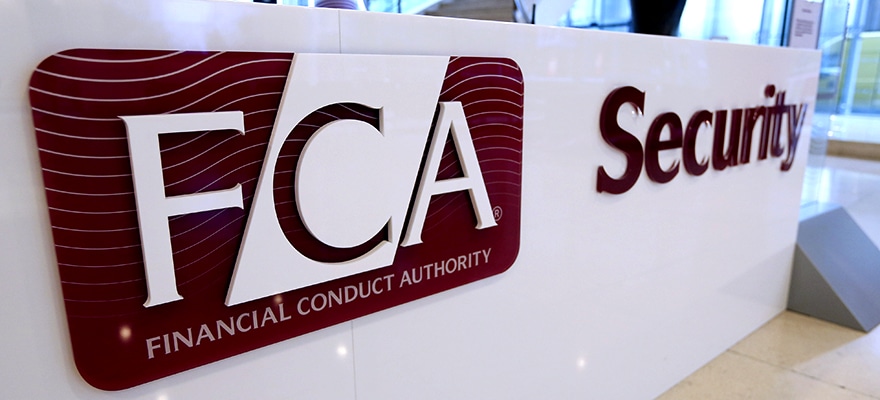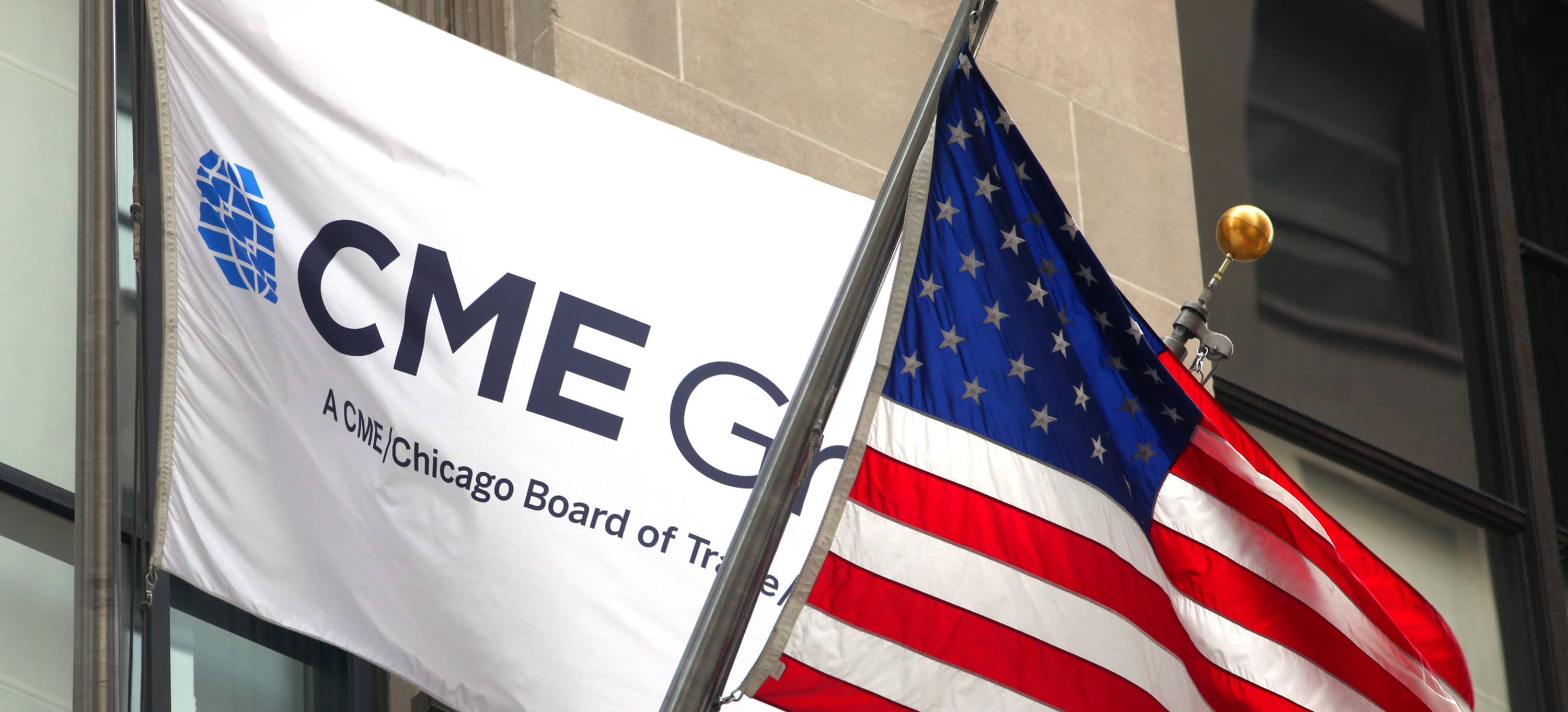Hong Kong’s financial market regulator, the Securities and Futures Commission (SFC), announced today that it has frozen all the Hong Kong assets -- $23.5 million – of Maxim Capital, a trading firm that has no license to perform these kind of services in the country.
The company, which according to the SFC is incorporated in the Seychelles but according to its own promotional video has a New Zealand license, has not been licensed to offer the Online Trading services that it markets in Hong Kong under the brand name Maxim Trader.
Unrealistic promises to lure investors
The SFC has alleged that the firm attracted over $111 million from more than 130 investors between 2013 and 2015, promising monthly returns of between 3 and 8 per cent. While initially the investors received their returns, this stopped in July this year, with the company informing them that their money has been converted into shares of a company, which the SFC has found to be “worthless”.
Maxim Capital converted its clients’ money into shares of a shell entity
The regulator added: “Maxim Capital and Maxim Trader made various fraudulent or reckless misrepresentations, including the claim that Maxim Capital was a financial service provider licensed in New Zealand and regulated in Belize.” The company also used misleading advertisements to attract investors to a collective investment scheme for which it was not authorized under Hong Kong law either.
Regulatory loopholes
This is yet another case of a broker which is registered as a financial services provider in New Zealand claiming to provide adequate protection to its customers, when in fact it is not even regulated by the Financial Markets Authority (FMA).
The country’s financial market watchdog has come under growing pressure to rein in financial services providers and become stricter with its licensing regime. Finance Magnates reported a few months ago that New Zealand’s Financial Dispute Resolution Scheme has revealed a striking fact with regard to financial complaints: just one of the complaints unresolved at the end of the 12-month period to June 2015 did not have to do with a Forex broker.
FMA tries to curtail fraud, fails
The trouble with FMA’s licensing regime was that anyone could register as a financial services provider in New Zealand as long as they operated as such outside this jurisdiction. This led to a number of shady companies setting up shop in the country, claiming to be regulated by the FMA, and then, later, suspending their activities. Following a lot of negative feedback from clients, the watchdog decided to do something about the problem but it went a bit too far, penalizing some legitimate companies in the process of clamping down on illegitimate entities. As we wrote back then, as long as there are loopholes in the law, there will be entities willing to take advantage of them.
Maxim Capital is a case in point. It seems that a concerted effort from regulators across national borders is necessary to improve the efficiency of fraud-fighting efforts, in addition to the needed tweaking of financial service provider licensing and regulation laws.

















